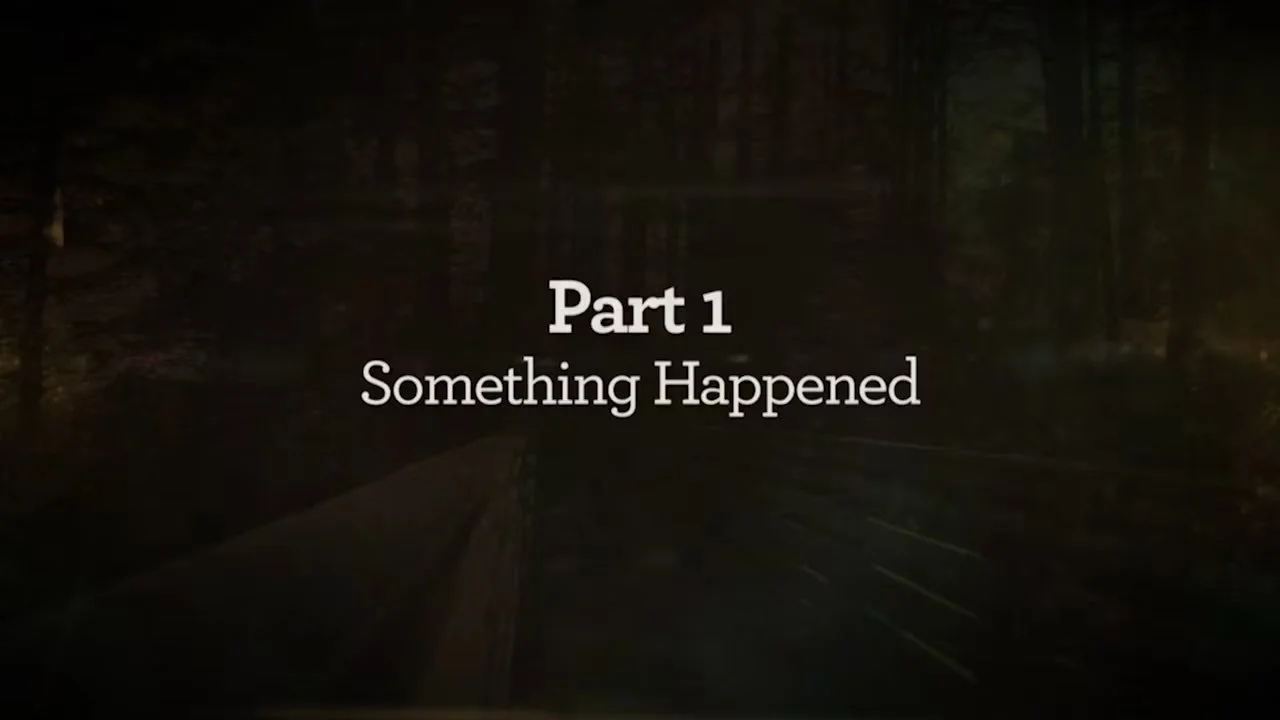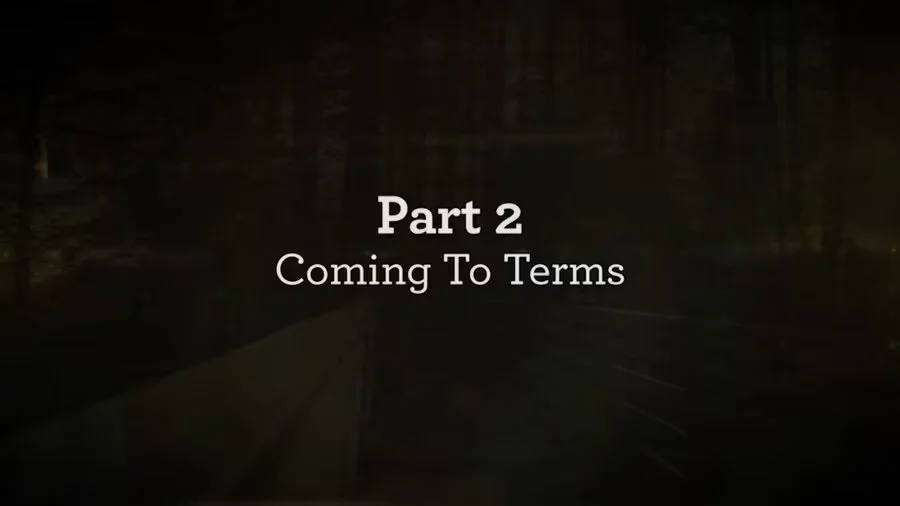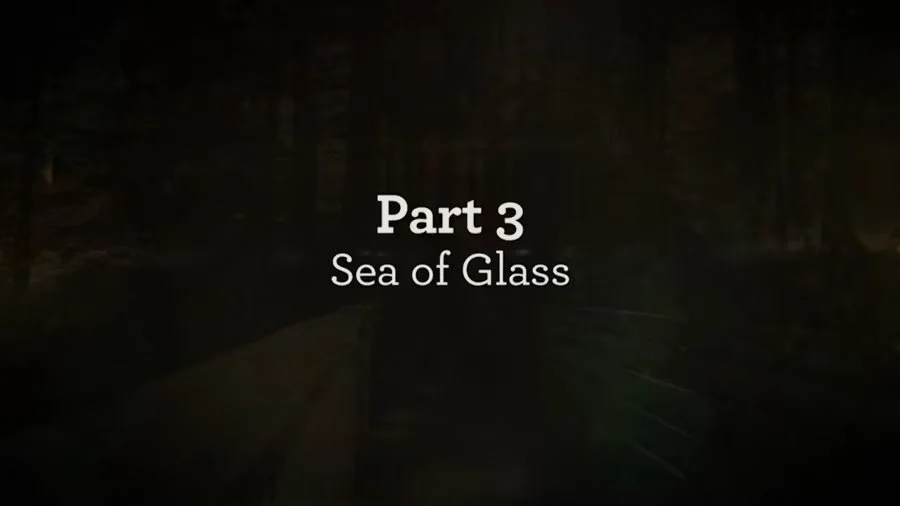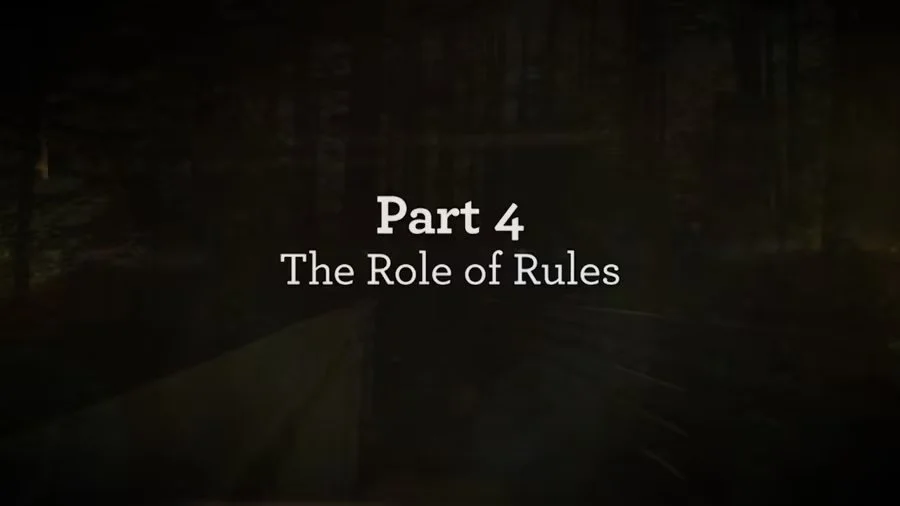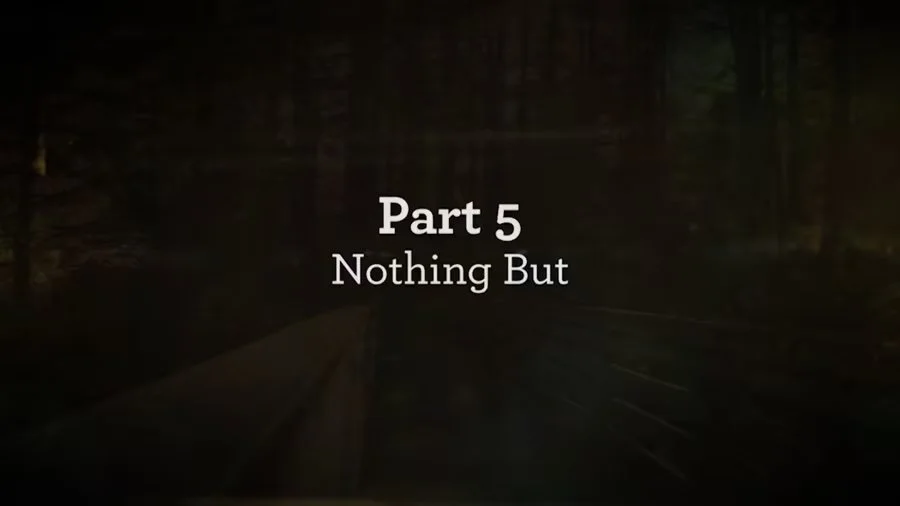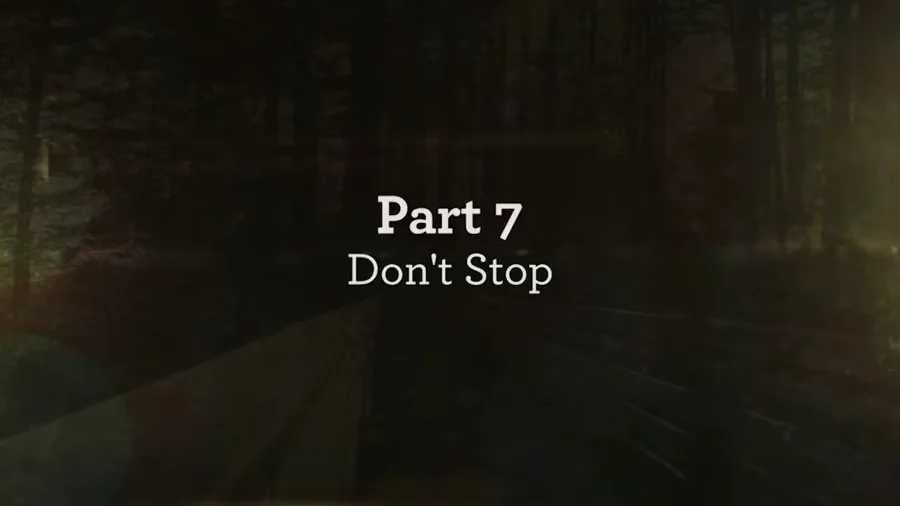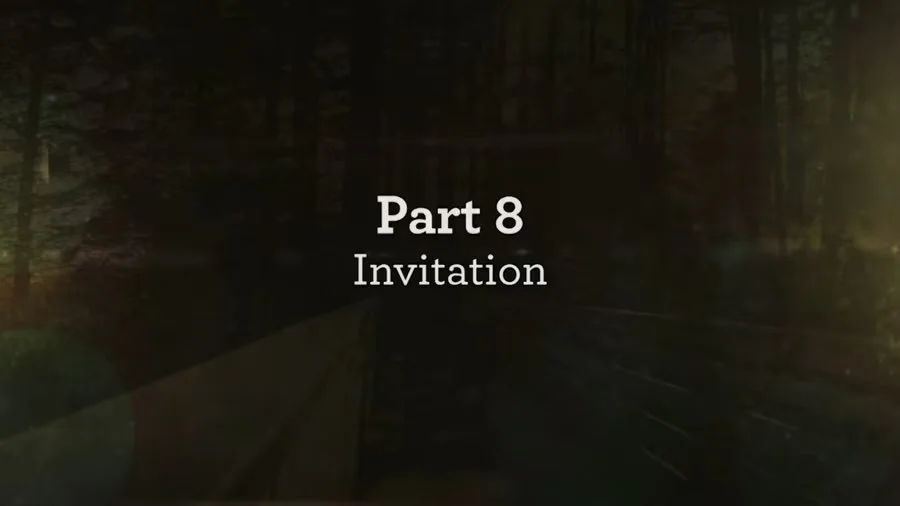20-Minute Starting Point Sermons
Part 1: Something Happened
Everything that exists had a starting point . . . including you. You may have started on purpose. You may have started by accident (from your parent’s perspective). You may even have started through the magic of medical science. Whatever the circumstances, you had a starting point and it began before you were aware of it.
Physical life is one of many starting points. Your formal education had a starting point. Your career had a starting point. Your romantic life had a starting point. Your experience as a parent had a starting point.
Faith has a starting point as well.
Part 2: Coming to Terms
During childhood, you may have been handed a faith framework through which you began to view the world. For a lot of us, that childhood framework didn't survive the rigors of adulthood. It's not enough to say, "The Bible says…," in the face of real-life tragedy. Adults often need a new starting point.
But the starting point for Christian faith isn't, "The Bible says…" It's better than that. It's Jesus.
Part 3: Sea of Glass
The three largest faith traditions—Judaism, Islam, and Christianity—claim the same starting point: a man named Abraham. All three agree that sin made a mess of the world and God started his clean up operation with Abraham. God made a series of promises and Abraham’s response to those promises didn’t just have implications for his personal starting point or the starting points of Judaism, Islam, and Christianity. It had implications for your starting point as well.
Part 4: The Role of Rules
Practically speaking, rules are often the centerpiece of religious life. Many people think the Ten Commandments are rules that make a relationship with God possible. If you follow the rules, God will be happy. If you don’t, he won’t. But what if a relationship with God doesn’t depend on our obedience? When it comes to your relationship with God, what is the role of rules?
Part 5: Nothing But
Guilt is powerful. Shame can be crippling. We all have things in our pasts that haunt us. We have sin. It only takes a word, a picture, or a name to bring it all back. We know we can do better from this point forward, but how are we supposed to fix the past? We can say we’re sorry. We can ask for forgiveness. But some of the things we’ve done hang over our lives like a cloud.
What can wash away our sins?
Part 6: Amazing
At some point in your faith journey, you will settle into a bargaining posture with God. “God, if you will . . . , I promise I will . . . .” We all do it. That’s just part of religion—every religion. In fact, it’s so much a part of human nature that even some atheists and agnostics do it when they find themselves in desperate circumstances. But is that really how God wants us to relate to him? The problem with a bargaining posture is we never keep up our end of the bargain, do we?
Part 7: Don’t Stop
The ability to believe is the most powerful force at mankind’s disposal. Everything that has been done, for good or bad, was done because someone believed it could be or should be done. Every problem that has been solved was solved because someone believed it could be or should be solved.
We constantly look for evidence to support what we believe is true. In the case of religious belief, that means if you believe deeply enough any religious system becomes a self-fulfilling prophecy. If that’s true, isn’t it possible that Christianity is just an example of groupthink on a massive scale?
Part 8: Invitation
Jesus predicted that he would start a gathering, a movement . . . what we call church. And that church would spread all over the earth and outlast the Roman Empire. It would change the world. His prediction must have sounded outlandish to even his closest followers. But here we are, two thousand years later, and the Roman Empire exists only in history books, while Jesus’ gathering is still going strong. The church is the hope of the world because the church is the vehicle by which God is bringing the solution to mankind’s greatest problems: sin, sorrow, and death.

